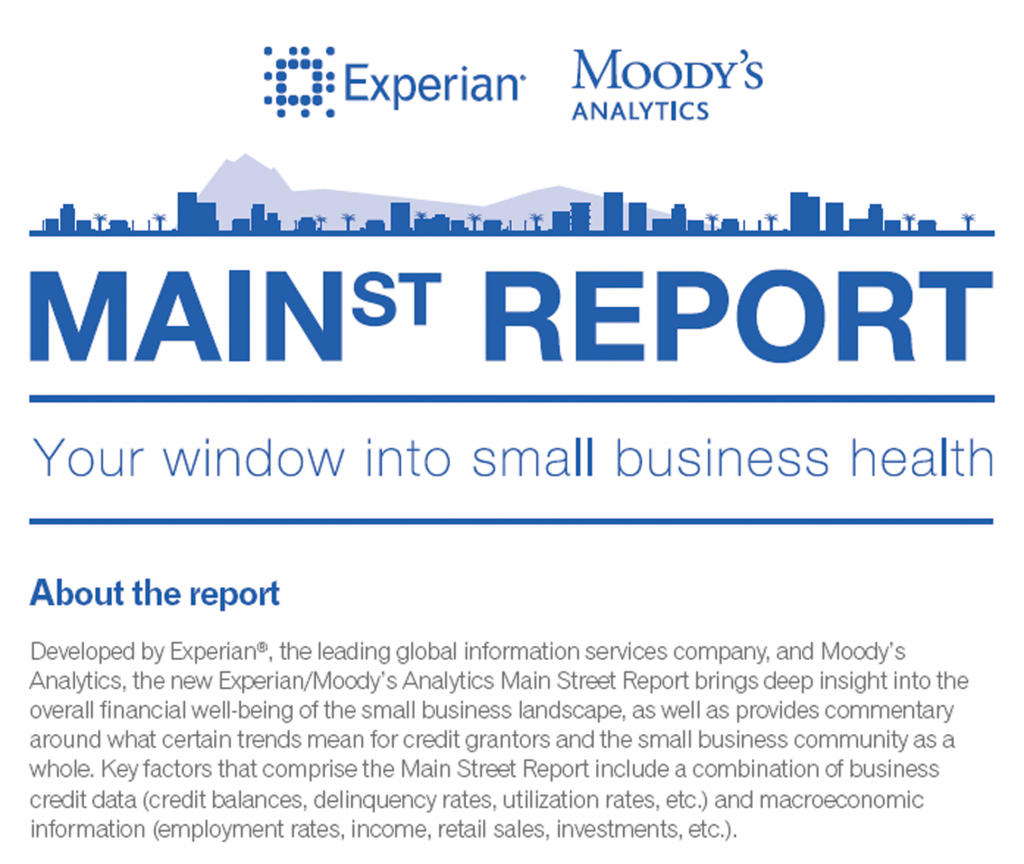By: David Feigenbaum, CCE & Scott Blakeley, Esq.
The history of the relationship between sales and credit departments is a long, often painful one with story upon story of unhappy encounters between two parties who appear at first glance to have diametrically opposed objectives.
But are their objectives really opposed? If the relationship is truly understood by all parties, they will come to the realization that they are actually pursuing the same goal – PROFITS – from different directions. Each discipline has its own priorities within the goal of profit. Too often, sales want the order and do not care about the potential risks. For its part, credit, in its desire to assure payment, becomes so conservative as to choke sales growth.… Read the rest


 Boilerplate terms and conditions attached to the various purchase orders (POs) have become almost typical to find as a credit professional. These stock terms, however, not only don’t always apply to the specific transaction or type of business they’re involved in—terms and conditions are often geared for manufacturers or contractors—they can, if ignored, lead ultimately to disgruntled customers, delayed payments, and legal ramifications.
Boilerplate terms and conditions attached to the various purchase orders (POs) have become almost typical to find as a credit professional. These stock terms, however, not only don’t always apply to the specific transaction or type of business they’re involved in—terms and conditions are often geared for manufacturers or contractors—they can, if ignored, lead ultimately to disgruntled customers, delayed payments, and legal ramifications. Being able to negotiate effectively is an important skill because almost everything is negotiable. The ultimate goal is to reach an agreement where both parties feel as if they have won something. Typically people don’t like to negotiate because they have doubts about their skills. Negotiation takes a lot of work and practice.
Being able to negotiate effectively is an important skill because almost everything is negotiable. The ultimate goal is to reach an agreement where both parties feel as if they have won something. Typically people don’t like to negotiate because they have doubts about their skills. Negotiation takes a lot of work and practice.

 Bill Heintz, CCE
Bill Heintz, CCE Jody Johnson, CBA
Jody Johnson, CBA